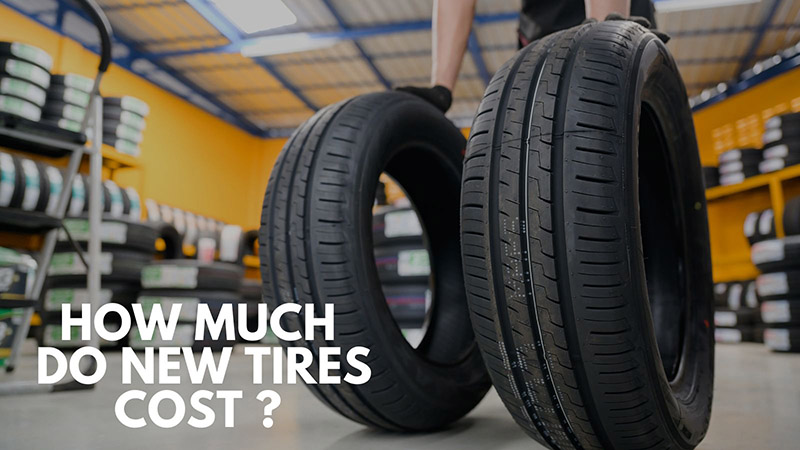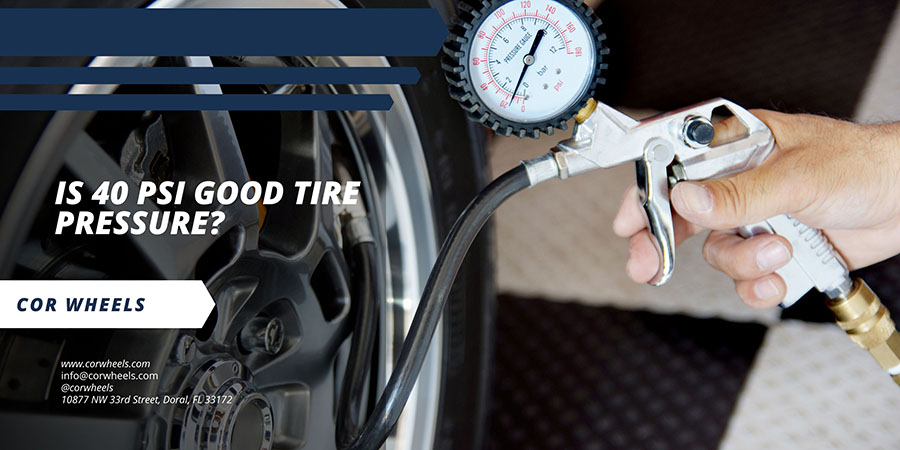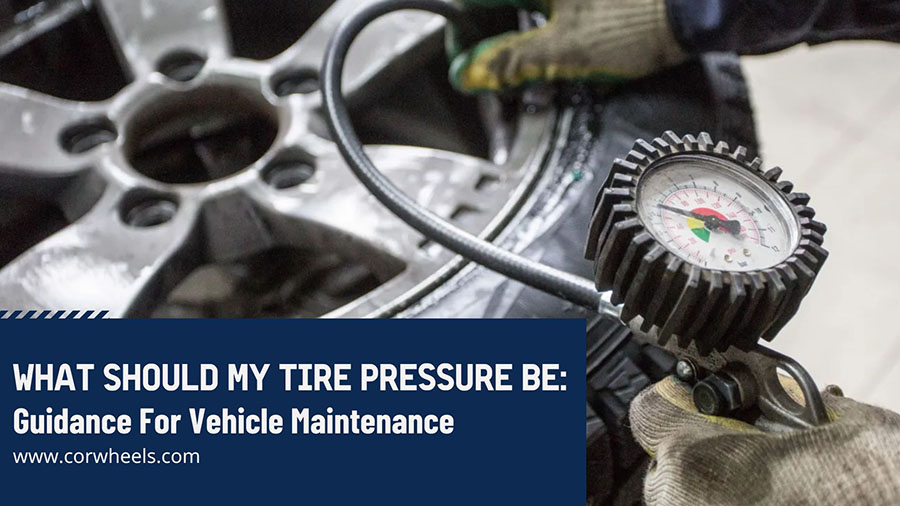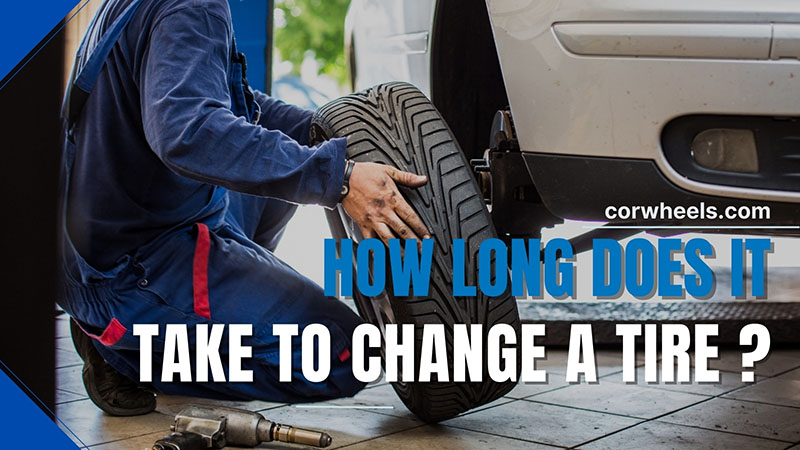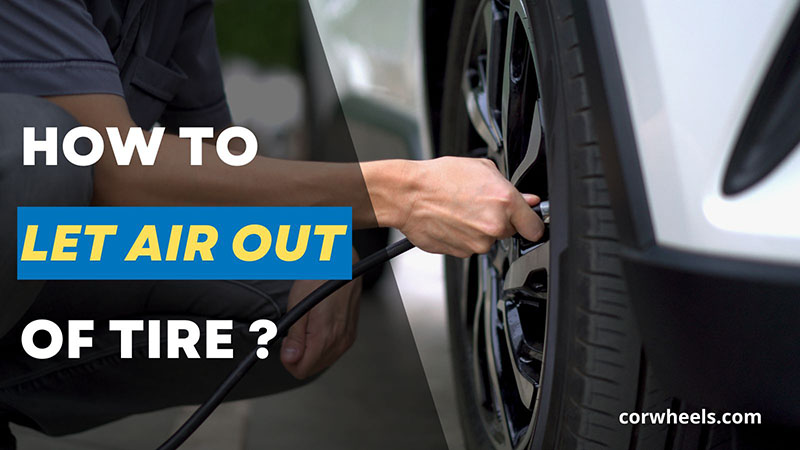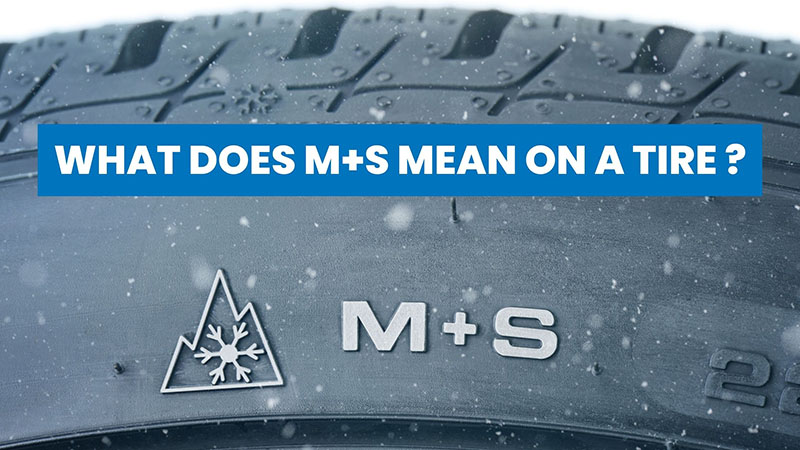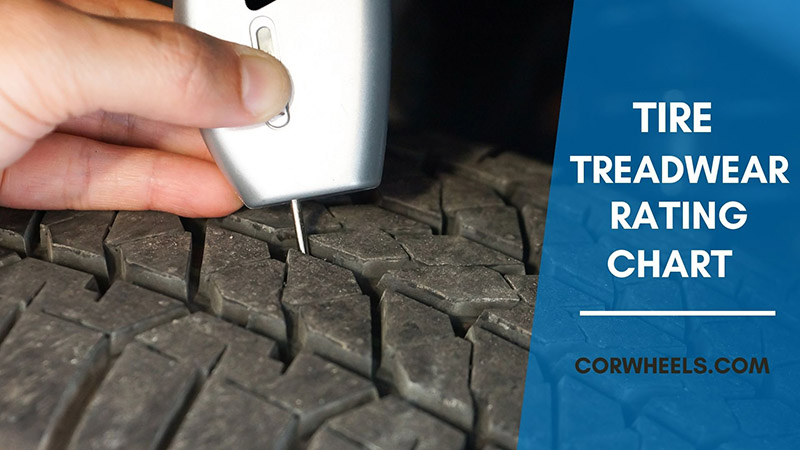Replacing your tires is an inevitable expense for any vehicle owner, but the cost of the new tires can vary greatly depending on several factors. Many variables can affect the price you pay for new parts, from the size and type of tire to the brand and performance level.
Whether shopping for new tires for safety reasons or seeking an upgrade for better performance, understanding the factors that influence tire pricing can help you find the best deal. We have listed all the factors to provide helpful tips for saving money on this essential purchase.
In this article:
How Much Are New Tires?
On average, a single tire can cost anywhere from $50 to $300, with higher-end brands and specialized tires costing even more. The new tire price can vary depending on several factors, including the brand, size, and type of tire you need.
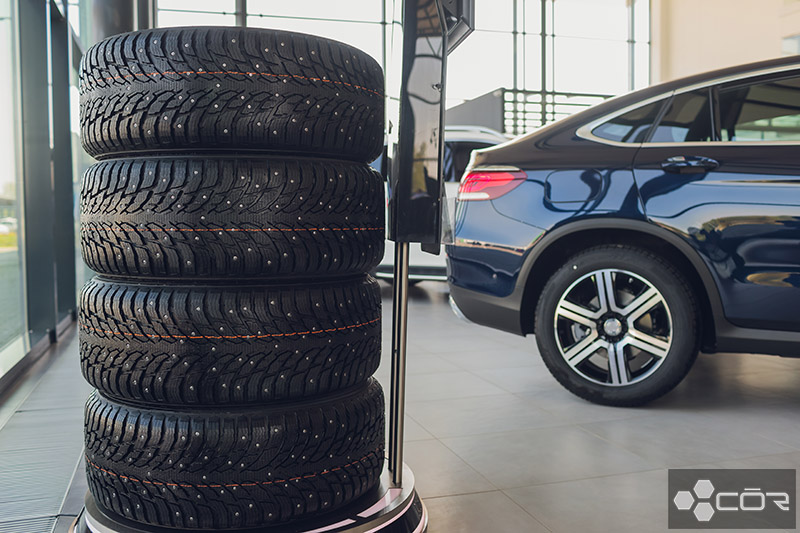
By Tire Size
The tire’s price differs by size.
- 12-15-inch wheels: These tires cost between $80 and $150, typically found on little autos.
- 16-20-inch wheels: The average prices range from $100 to $400 on average. Trucks, vans, SUVs, and crossovers frequently use these tires.
- 18-26-inch wheels: They can charge you anywhere from $140 to $500. These tires mostly appear on heavy-duty trucks and utility automobiles.
By Tire Type
Different types have special designs and are made for specific purposes, hence the different price.
| Tire type | Low price | High price |
| All-season | $49 | $873 |
| Summer | $81 | $1,486 |
| Winter | $57 | $1,311 |
| Touring | $51 | $428 |
| Terrain | $103 | $1,447 |
| Performance | $52 | $1,486 |
By Brand
Below are the prices from the most popular providers.
| Provider | Price |
| Michelin | $145-$875 |
| Bridgestone | $90-$350 |
| Goodyear | $75-$975 |
| Pirelli | $100-$400 |
| Continental | $80-$300 |
| Dunlop | $80-$350 |
| Yokohama | $70-$300 |
| Hankook | $60-$250 |
| Cooper | $70-$300 |
| Firestone | $60-$250 |
Additional Cost Of A New Tire
There are several additional costs to consider, such as installation, labor, and other services. These fees can fluctuate with the retailer and the specific services you require, so it is important to understand what to expect and budget accordingly.
Installation Cost
This fee is typically included in the price of new items when purchased from a retailer. However, some retailers may charge an additional fee for installation, particularly for specialized or high-performance tires. It is important to confirm whether the installation is included in the purchase price and whether any additional fees apply.
For example, we had to pay an extra $11 for tire mounting at Walmart.
Additional Services
Additional services, such as wheel alignment or balancing, may be required when purchasing new tires. These services can help ensure the longevity and performance of your new tires, but they come at an additional cost. Wheel alignment can range from $50 to $150, while balancing charges around $10 to $15 per tire.
Labor Cost
Labor costs may also apply when purchasing new tires. The labor fee may be charged higher when you require additional services such as balancing and mounting fees. It is advised to ask for a detailed breakdown of all costs before purchasing.
Other Cost
- TPMS: Tire pressure monitoring sensors, or TPMS, must be replaced when new tires are purchased if your car has them. This should cost about $40.
- Road hazard insurance: Some tire shops charge a premium for this extra insurance. For 2 years of coverage, the cost of legal protection might be about $32 per tire.
- Environmental tax: This charge typically goes toward funding studies and development into tire recycling, which is approximately $2 per tire.
- Cost for disposal: When you buy new tires, most states levy a price for removing each tire. Each state has a different rate. For instance, in Colorado, where we live, a tire costs $1.50.
Factors Influence Tire Pricing
Tires are essential to any vehicle type, providing the necessary grip and stability to keep you safe. However, not all tires are created equal, and their prices can be determined by several factors.
Tire Size
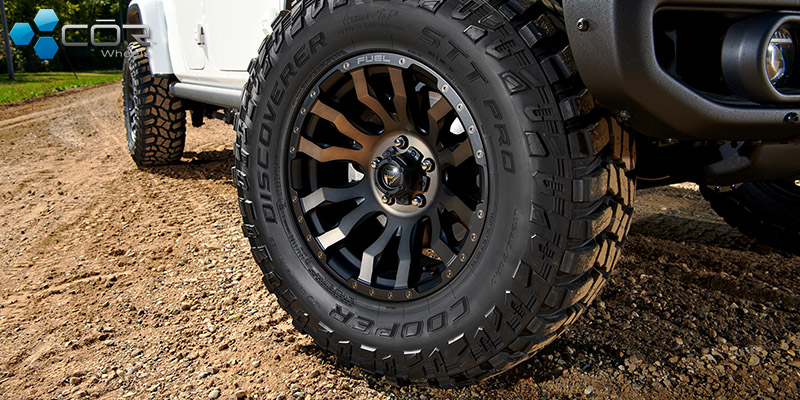
Tire size is one of the most significant factors that affect tire pricing. Smaller tires, such as those found on compact cars, are generally less expensive than larger tires, such as those found on trucks and SUVs. Larger tires require more manufacturing materials and increase costs.
Performance
The performance of the tire is another key factor that influences pricing. High-performance tires are designed to provide better handling, braking, and acceleration, but they come at a higher cost. These road tires are often made with advanced materials and technologies, which make them more durable and long-lasting.
Wheel Alignment
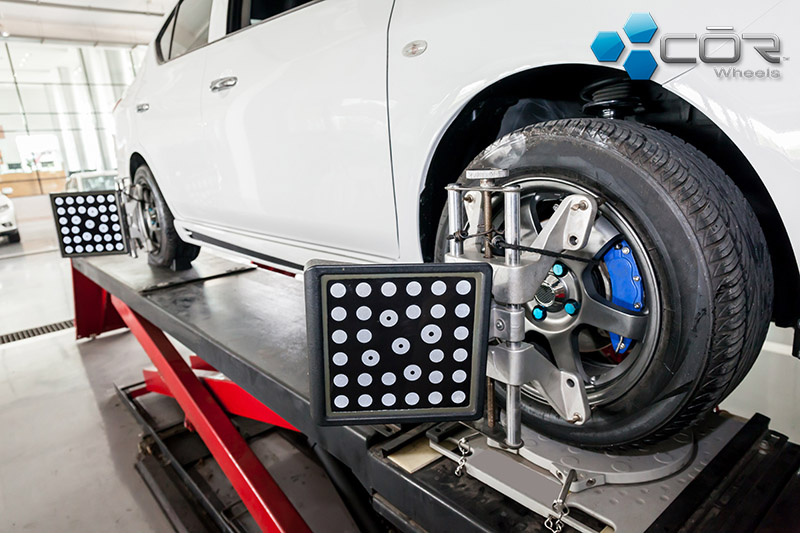
Proper wheel alignment is essential for maximizing the lifespan of your tires. If your wheels are not properly aligned, it can cause uneven wear on them, leading to premature replacement. When purchasing new passenger car tires, ensure that your wheels are properly aligned to prevent unnecessary expenses in the future.
Warranty
Tire warranties are another factor that can influence pricing. A tire with a longer warranty period will typically cost more than one with a shorter warranty. But a longer warranty can provide peace of mind and potentially save you money in the long run if you encounter any issues with your tires.
Brand
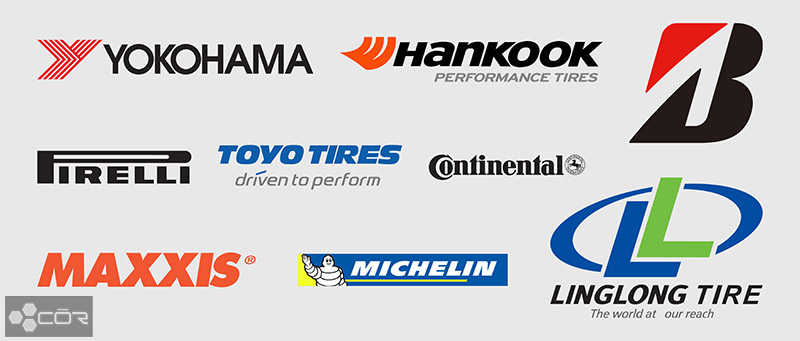
Finally, the brand of the tire is also a significant factor that influences pricing. High-end brands like Michelin, Bridgestone, and Goodyear typically cost more than budget brands like Hankook and Kumho. This is because high-end brands often use more advanced materials and technologies, resulting in better performance and longer lifespan.
How To Save Money On New Tires
You may be concerned about the average cost when you’re in the market for new tires. However, there are several ways to save money on new tires without sacrificing quality or safety. Here are some tips to help you save money on new tires:
- Shop around: Don’t settle for the first tire shop you come across. Shop around and compare prices at different retailers, both online and offline.
- Buy during sales: Keep an eye out for sales and promotions from tire retailers. You may be able to save a significant amount of money by buying during a sale.
- Consider used tires: While new tires are always the best option, used tires can be a more affordable alternative. Just be sure to inspect the tires carefully before purchasing.
- Check for rebates: Some tire manufacturers offer rebates or promotions that can save you money on new tires. Check their website or contact them directly to see if they have any current promotions.
Frequently Asked Questions
Should I Replace 4 Tires?
Yes, it is recommended to replace all four tires at once to ensure even wear and maintain proper balance and handling of your passenger vehicle. However, if only one or two tires are damaged or worn out, you can replace just two tires in the same axle.
Is It Cheaper To Buy 2 Or 4 Tires?
While it may seem cheaper to buy just two tires instead of four, it is actually recommended to replace all four tires at the same time. If you only change two tires, the new tires may have a different tread pattern and depth than the remaining tires, which can cause uneven wear and handling issues.
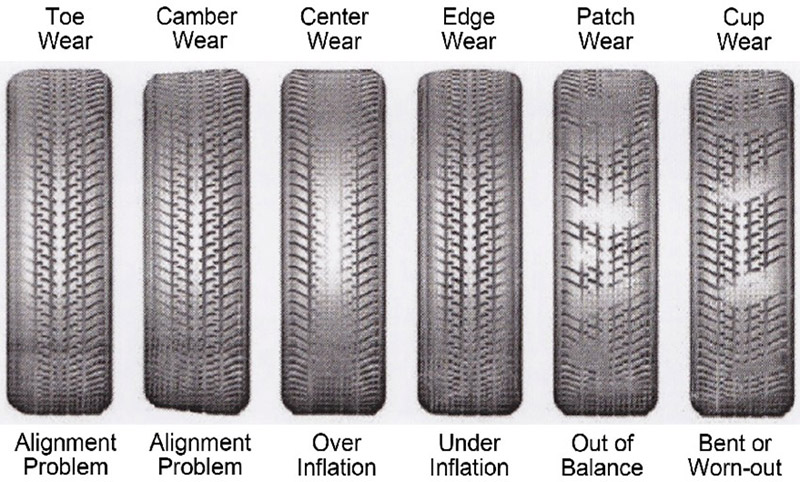
How Often Do Tires Need To Be Replaced?
Tires should be replaced every 6 years, even if they appear to have sufficient tread depth, as the rubber can deteriorate over time. Still, the frequency of tire replacement depends on several factors, like the type of tire, driving habits, and road conditions.
The Bottom Line
There is no fixed number regarding new tire price. Keep in mind to shop around and compare prices from different authorized retailers to find the best deal.
Taking good care of your tires, such as maintaining proper air pressure and regular rotations, can help extend their lifespan and save you money in the long run. Investing in high-quality tires is essential for the safety and performance of your vehicle and should be considered a worthwhile investment.

